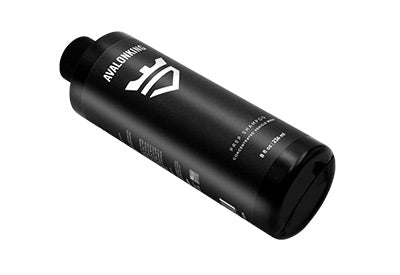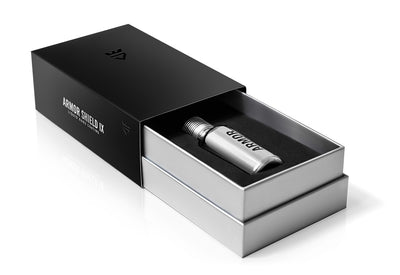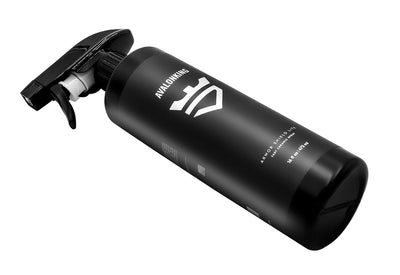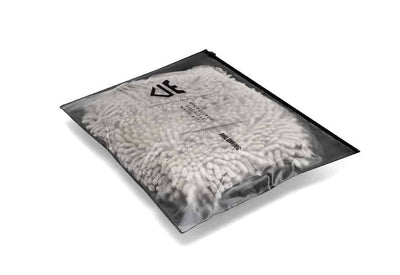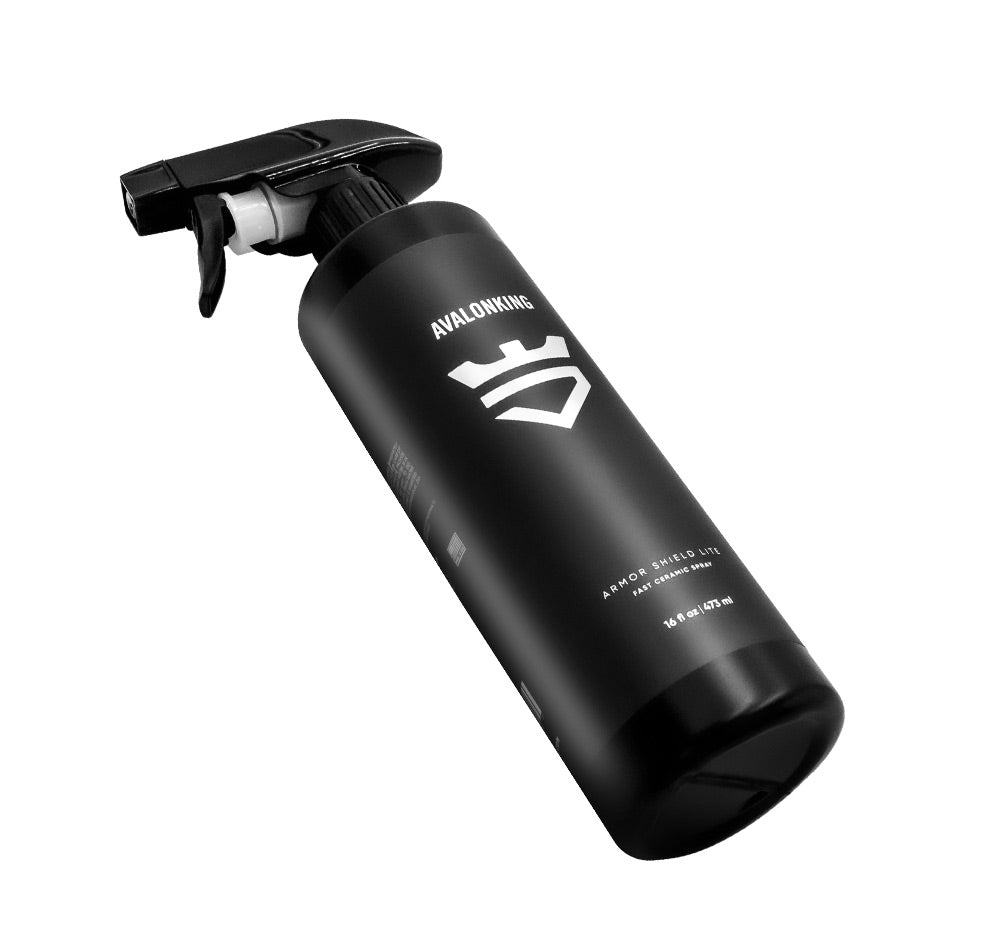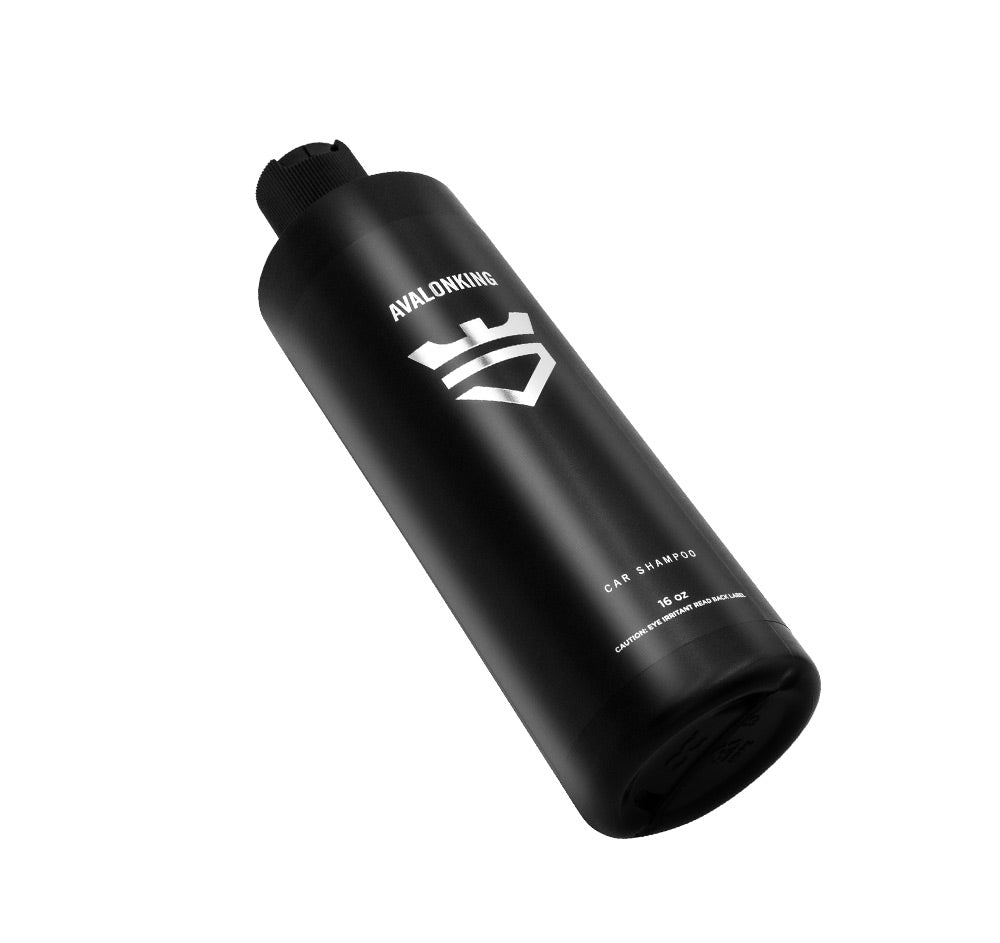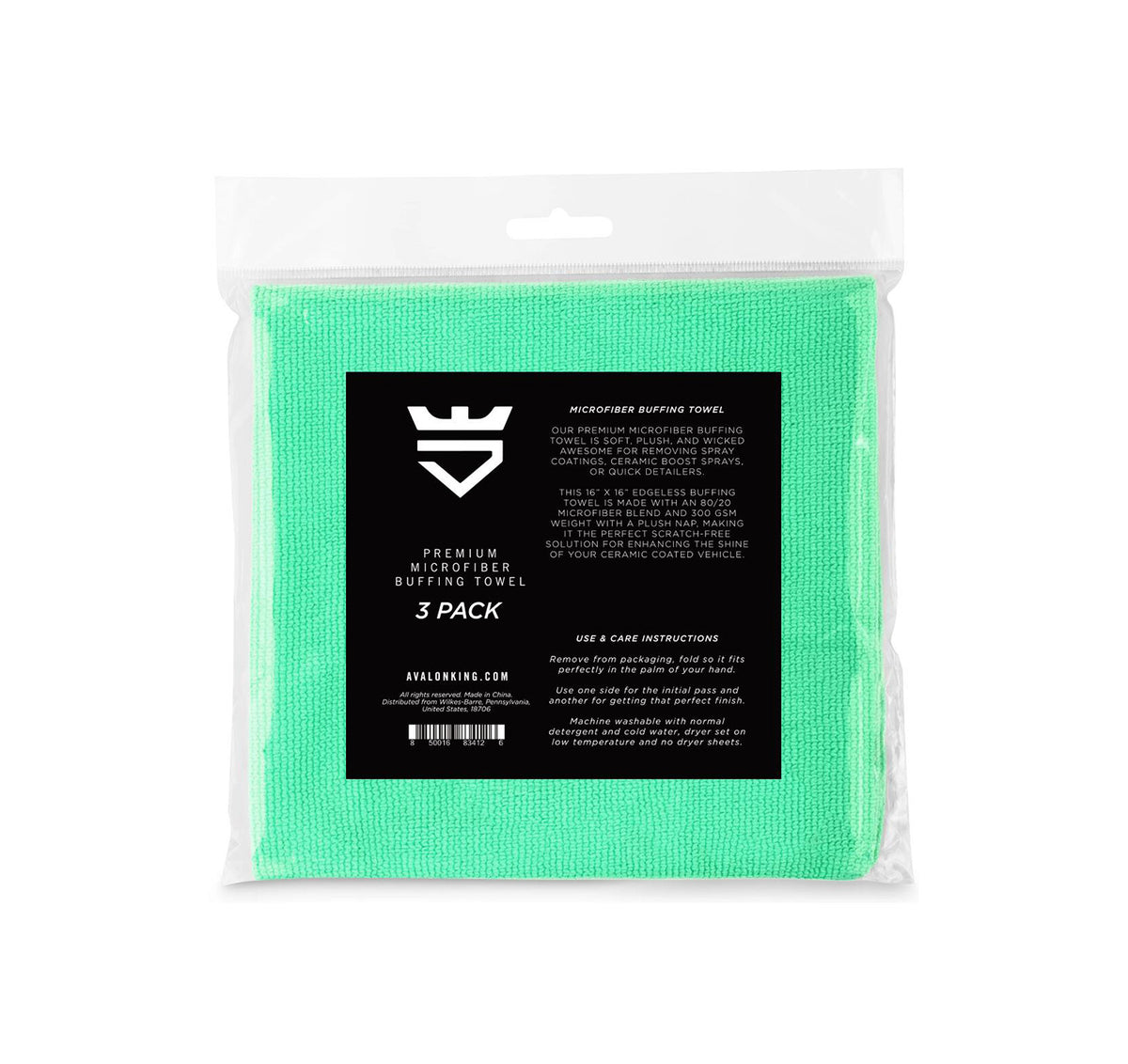What is Scratch Resistance? Explained by AvalonKing
Scratch resistance is a critical attribute in the world of ceramic coatings. It refers to the ability of a surface to resist damage caused by physical contact with abrasive materials. This property is particularly important in the automotive industry, where vehicles are constantly exposed to harsh environmental conditions and potential damage from debris on the road.
In this glossary entry, we will delve deep into the concept of scratch resistance, its importance in ceramic coatings, and how it is measured. We will also discuss the role of AvalonKing, a leading name in the ceramic coating industry, in enhancing scratch resistance in their products.
The Concept of Scratch Resistance
Scratch resistance is the measure of a material's ability to withstand scratches on its surface. It is a crucial factor in determining the durability and longevity of a product. The higher the scratch resistance, the longer the product will maintain its aesthetic appeal and functionality.
Scratches on a surface occur when a harder material comes into contact with it, causing deformation or removal of material from the surface. The severity of the scratch depends on the hardness of the two materials, the force applied, and the angle of contact.
Importance in Ceramic Coatings
Ceramic coatings, especially those used in the automotive industry, need to have high scratch resistance. These coatings are applied to protect the underlying material from damage and to enhance its appearance. A scratch-resistant coating will maintain its glossy finish for a longer period, thereby preserving the vehicle's aesthetic appeal.
Moreover, a scratch on the ceramic coating could expose the underlying material to environmental elements, leading to corrosion or other forms of damage. Therefore, a high level of scratch resistance not only maintains the appearance of the coated material but also extends its lifespan.
Factors Affecting Scratch Resistance
Several factors can affect the scratch resistance of a ceramic coating. The hardness of the coating is a primary factor. Harder coatings are generally more scratch-resistant. However, if a coating is too hard, it can become brittle and prone to cracking.
The thickness of the coating also plays a role. Thicker coatings can provide better protection against scratches, but they may also be more susceptible to cracking. The quality of the application process is another important factor. A poorly applied coating may have weak spots that are more prone to scratching.
Measuring Scratch Resistance
There are several methods used to measure the scratch resistance of a material. One common method is the pencil hardness test. In this test, a series of pencils with different hardness levels are used to make a mark on the material. The hardness of the pencil that leaves a visible mark is used as a measure of the material's scratch resistance.
Another method is the scratch test, where a stylus with a known hardness is dragged across the material under a specific load. The depth and width of the scratch made by the stylus are then measured to determine the material's scratch resistance.
Role of AvalonKing in Scratch Resistance
AvalonKing is a leading name in the ceramic coating industry, known for its high-quality products that offer superior scratch resistance. The company's flagship product, Armor Shield IX, is a nano-ceramic coating that provides excellent protection against scratches.
The secret behind AvalonKing's scratch resistance lies in its use of nanotechnology. The company uses nano-sized particles in its coatings, which allows for a denser and harder coating. This results in a higher level of scratch resistance compared to traditional coatings.
Benefits of Scratch Resistance
Scratch resistance offers several benefits in ceramic coatings. Firstly, it enhances the aesthetic appeal of the coated material by maintaining its glossy finish. Scratches can dull the finish of a material, making it look old and worn out. A scratch-resistant coating will keep the material looking new and glossy for a longer period.

Secondly, scratch resistance extends the lifespan of the coated material. Scratches can expose the underlying material to environmental elements, leading to corrosion or other forms of damage. A scratch-resistant coating will protect the material from such damage, thereby extending its lifespan.
Conclusion
In conclusion, scratch resistance is a critical attribute in ceramic coatings, determining their durability and longevity. AvalonKing, with its use of nanotechnology, has set a high standard in providing scratch-resistant ceramic coatings that not only enhance the aesthetic appeal of vehicles but also protect them from damage.
So, the next time you're considering a ceramic coating for your vehicle, remember to check its scratch resistance. It could make a significant difference in the lifespan and appearance of your vehicle.
Ready to ensure your vehicle stays pristine and protected? Experience the superior scratch resistance and lasting durability with AvalonKing's range of premium ceramic coatings and car cleaning products. Check out our products today and give your car the royal treatment it deserves.

